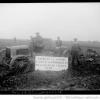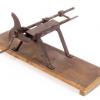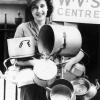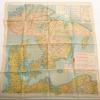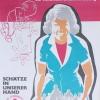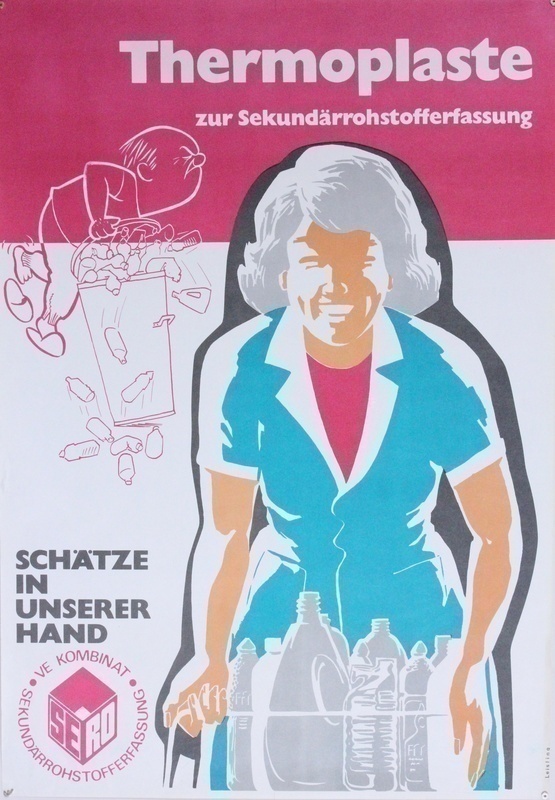New order, old policy
As was the case during the First World War, campaigns in post-war Europe to separate waste and collect recyclable materials were mainly aimed at housewives. The campaigns needed a new impulse to reach women who were already weary from wartime saving. Recycling and saving waste to "fight the enemy" or to support one's boyfriend or husband on the frontline had become obsolete.
Concern for the environment did not become a public issue until decades later. Women were addressed in these campaigns mostly as mothers, and recycling was presented as being like caring for children. A program announced in East Germany in 1956 took up this strategy in an innovative way. Every mother who brought three kilograms of old paper, rags, or bones to a collection point earned a ride for her child on a miniature, but fully functional car equipped with a combustion engine.
In East Germany, communist ideology also played a role in the recycling movement. Some propaganda posters were aimed at women who held family keepsakes, souvenirs, and knick-knacks. In the new society, such reminiscences of the past days were deemed unnecessary and were to be handed over to the new "Friedenswirtschaft" – the peace-time economy.
 Previous Story
Next Tour
Previous Story
Next Tour
How to cite this page
Slawomir Lotysz, 'New order, old policy', Inventing Europe, http://www.inventingeurope.eu/daily-lives/new-order-old-policy





